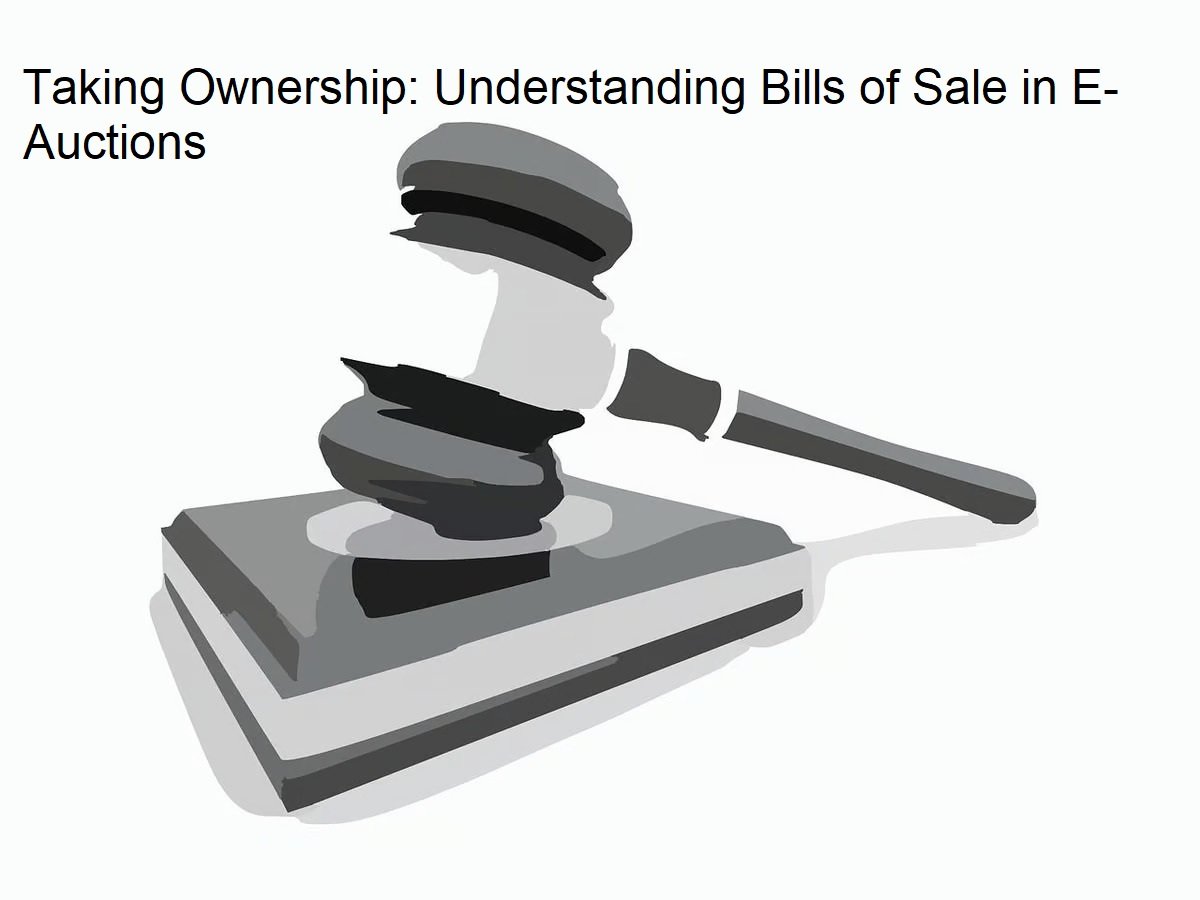The Sarfaesi Act, enacted in 1994, stands as a pivotal legislation within India's financial framework, granting banks and financial institutions the authority to seize secured assets and liquidate them to recover outstanding debts. Of particular importance is Section 40 of the Sarfaesi Act, conferring upon the Central Government the power to eliminate uncertainties and difficulties stemming from the interpretation or execution of the Act.
Scope and Authority of Section 40
This section provides the Central Government with the jurisdiction to issue directives, guidelines, or orders aimed at resolving any uncertainties or challenges arising from the application or understanding of the Sarfaesi Act. Notably, this authority extends to matters not explicitly covered by the Act itself. The Central Government can wield this power proactively or in response to representations made by individuals or entities.
Significance in Practice
Section 40 assumes a crucial role in facilitating the seamless and effective implementation of the Sarfaesi Act. Providing a mechanism to address unforeseen challenges or ambiguities in the debt recovery process, ensures a uniform and equitable application of the Act across diverse cases.
Illustrative Applications of Section 40
Several instances underscore the practical utility of Section 40, where the Central Government has issued specific orders to elucidate and tackle issues arising from the Sarfaesi Act implementation. Examples include:
-
Order elucidating the process for seizing secured assets
-
Order stipulating timeframes for various stages in the debt recovery process
-
Order furnishing guidelines for the valuation of secured assets
-
Order clarifying the rights of borrowers and guarantors under the Sarfaesi Act
Conclusion
Section 40 emerges as a vital instrument in ensuring the effectiveness and efficiency of the Sarfaesi Act. Empowering the Central Government to address uncertainties or challenges, promotes uniformity and fairness in the overall debt recovery process. This provision stands as a testament to the Act's adaptability to evolving circumstances, fostering a robust and equitable financial landscape in India.



